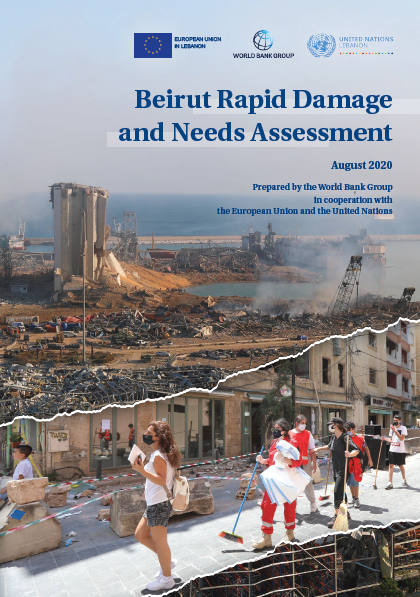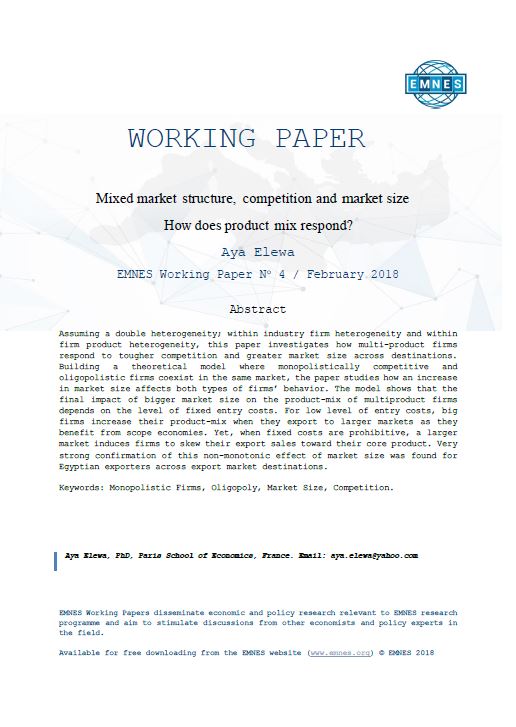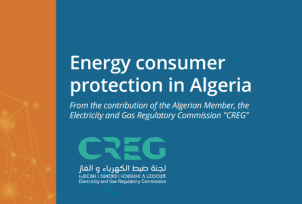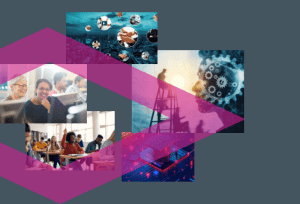Beirut Rapid Damage and Needs Assessment (RDNA) — August 2020

Immediately after the massive blast that rocked the port of Beirut on August 4, the World Bank Group (WBG) in cooperation with the United Nations (UN) and the European Union (EU) launched a Rapid Damage and Needs Assessment (RDNA) to estimate the impact on the population, physical assets, infrastructure and service delivery.
The Beirut RDNA uses ground data and cutting-edge remote tools and technology to assess (i) damages to physical assets; (ii) ensuing economic losses; and (iii) the recovery and reconstruction needs.
The report builds on extensive stakeholder feedback and engagement meetings organized with concerned government entities, civil society organizations, NGOs, INGOs, professional associations, private sector organizations, think tanks, youth groups, donors, UN agencies.
The RDNA recommends a framework for Reform, Recovery, and Reconstruction (the ‘3Rs’) to build back a better Lebanon based on principles of transparency, inclusion and accountability. The 3Rs framework combines people-centered recovery and reconstruction interventions with structural reforms that include macroeconomic stabilization, governance reforms, the private sector operating environment and ensuring human security.
Latest Publications






























 Syria
Syria 



